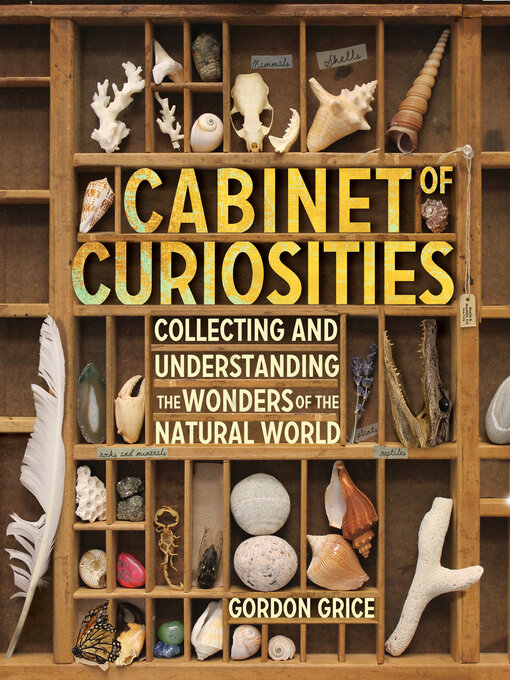- Audiobooks: Sports Romances
- Audiobooks: New Non-Fiction
- Audiobooks: Cozy Historical Mysteries
- Audiobooks: New Year New You
- Audiobooks: Dramatizations
- Audiobooks: New Thrillers
- Audiobooks: New Horror
- Always Available Audiobooks
- Audiobooks: Summer Romance
- Audiobooks: Inspirational Romance
- Audiobooks: New Mysteries
- New audiobook additions
- New kids and teen additions
- See all
- Just added
- Kids' Magazines
- Teen Magazines
- Florida Magazines
- Magazines from India
- Learn, Make and Create - Magazines
- Travel Magazines
- Sports
- Health & Fitness
- Most popular
- Cooking & Food
- Celebrity Gossip
- News & Politics
- See all

